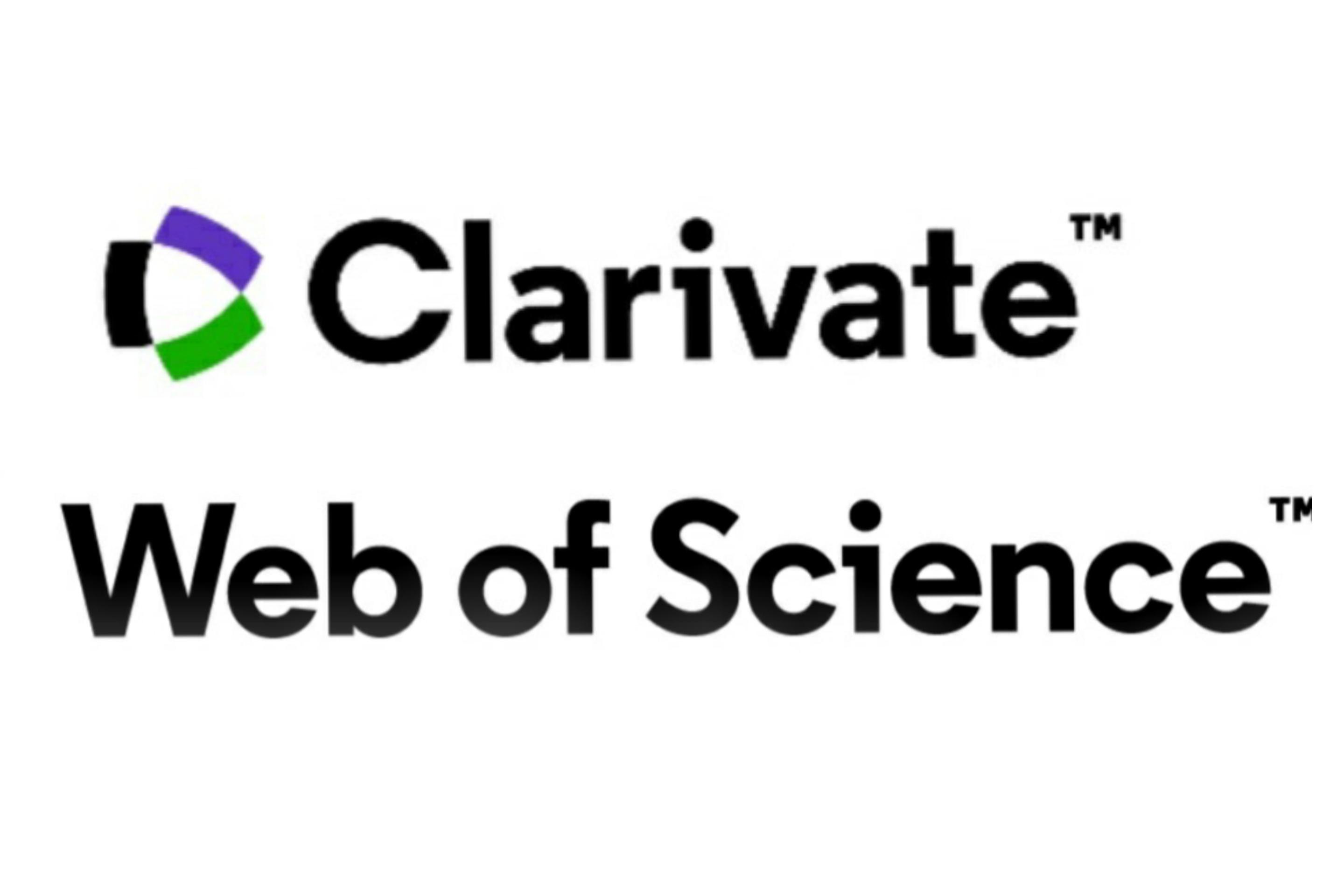Integration of knowledge on the basic discipline "Physics" and major disciplines as a means of implementation of the practice-oriented training of students
DOI:
https://doi.org/10.26577/RCPh-2019-i3-11Keywords:
practice-oriented learning, integration of knowledge, decision-making methodology, professional competence, professional knowledge and skillsAbstract
The implementation of practice-oriented learning in the mastering of majors is considered. It is noted that among students there is a lack of understanding of the possibilities of using knowledge obtained in learning of the basic discipline “Physics” in studying the majors, which leads to difficulties in solving practical problems associated with the future professional activity of students. It is shown that the integration of knowledge in the basic discipline “Physics” and profiling disciplines, for example, in the discipline “Thermal Physical Properties of Substances”, is an important means of solving professional problems oriented to resolve real problems within a particular specialty. The analysis of such organization of training has revealed the presence of a motivational support for the educational process, which is expressed in a conscious attitude to the discipline being studied and the activity of students in the discussing process of problematic issues. It has been established that the integration of basic physical knowledge into the solution of practice-oriented tasks leads to the development of practical skills, which are necessary for the formation of professional competencies. The possibility of using a decision-making methodology in the construction of practice-oriented learning is shown. It was noted that the decision-making process in the implementation of practice-oriented learning should include the following: the identification of the problem situation, the mental suggestion of various solutions, the evaluation of the options put forward and the choose of the solution that will achieve the desired result, as well as the establishment of a feedback where the decision is evaluated and comparison of actual results with expected one is carried out. It is established that the use of this methodology in the implementation of practice-oriented learning allows one to organize new forms of the independent work of students and active mastering the skills of practical activities and summarizing the results. It is noted that the initiation of activities leading to the development of the ability to analyze and summarize occurs when describing the problem of the proposed assignment, i.e. when the theoretical positions of a particular question are determined.
References
2 Strategiya «Kazakhstan-2050». Novyy politicheskiy kurs sostoyavshegosya gosudarstva. www.strategy2050.kz». (in Russ).
3 Gosudarstvennaya Programma industrial’no-innovatsionnogo razvitiya Respubliki Kazakhstan na 2015 – 2019 gody. Utv.Astana, Akorda, 1 avgusta 2014 goda № 874. (in Russ)
4 M.S. Moldabekova, M.K. Asembayeva, O.V. Fedorenko, V. Mukamedenkyzy, MNMC 48, 255-258 (2018). (in Russ)
5 Oser F.K., Achtenhagen F., Renold U. Competence Oriented Teacher Training. Old Research Demands and New Pathways. – Sence Publishers, 2006, 30 p.
6 M.S. Moldabekova, S.A. Bolegenova, M.K. Asembaeva, O.V. Fedorenko. Kazakhstan jogary mektebi. Halykaralyk gylymipedagogikalyk basylym, 4(1), 53-55 (2016). (in Kaz)
7 Ahtarieva, R., Mokshina, N. and Rakhmanova, A. Mediterranean J. Social Sciences, 6 (3S3), 231-240 (2015).
8 V.Yu. Vaniyeva. ANI: pedagogika i psikhologiya, 5(1), 24-26 (2016). (in Russ)
9 Savitskaya, A.V. European Social Science Journal, 4(23), 66-74 (2013).
10 T.N. Bondarenko, A.P. Latkin. Sovremennyye problemy nauki i obrazovaniya, 6, (2012). URL: http://www.science-education. ru/106-7784 (data of visit: 09.07.2019) (in Russ).
11 Shukshina T.I., Buyanova I.B., Neyasova I.A. Astra Salvensis, 6, 665-673 (2018).
12 Maslow A. A. Psychological Review, 50, 370-396 (1943).
13 McClelland C. David. J.International Affairs, 24, 30-41 (1970).
14 Herzberg F. Harvard Business Review. January-February, 42-46(1968).
15 Bird R.B., Stewart W.E., Lightfoot E.N. John Wiley & Sons, 2007, 914 p.
16 M.K. Asembaeva, M.S. Moldabekova. Monografiya. Kazakh universiteti, 2018,198 b. (in Kaz)
17 M.S. Moldabekova, M.K. Asembaeva, V. Mukamedenkyzy, O.V. Fedorenko. Kazakh universiteti, 2019,188 b. (in Kaz)
18 B.F. Lomov. М.: Pedagogica, 1991, 297 s. (in Russ)
19 Paul Goodwin and George Wright. Chichester: Wiley, 2009, 445 s.
20 Robert Clemen. Belmont CA: Duxbury Press, 2013, 848 s.













